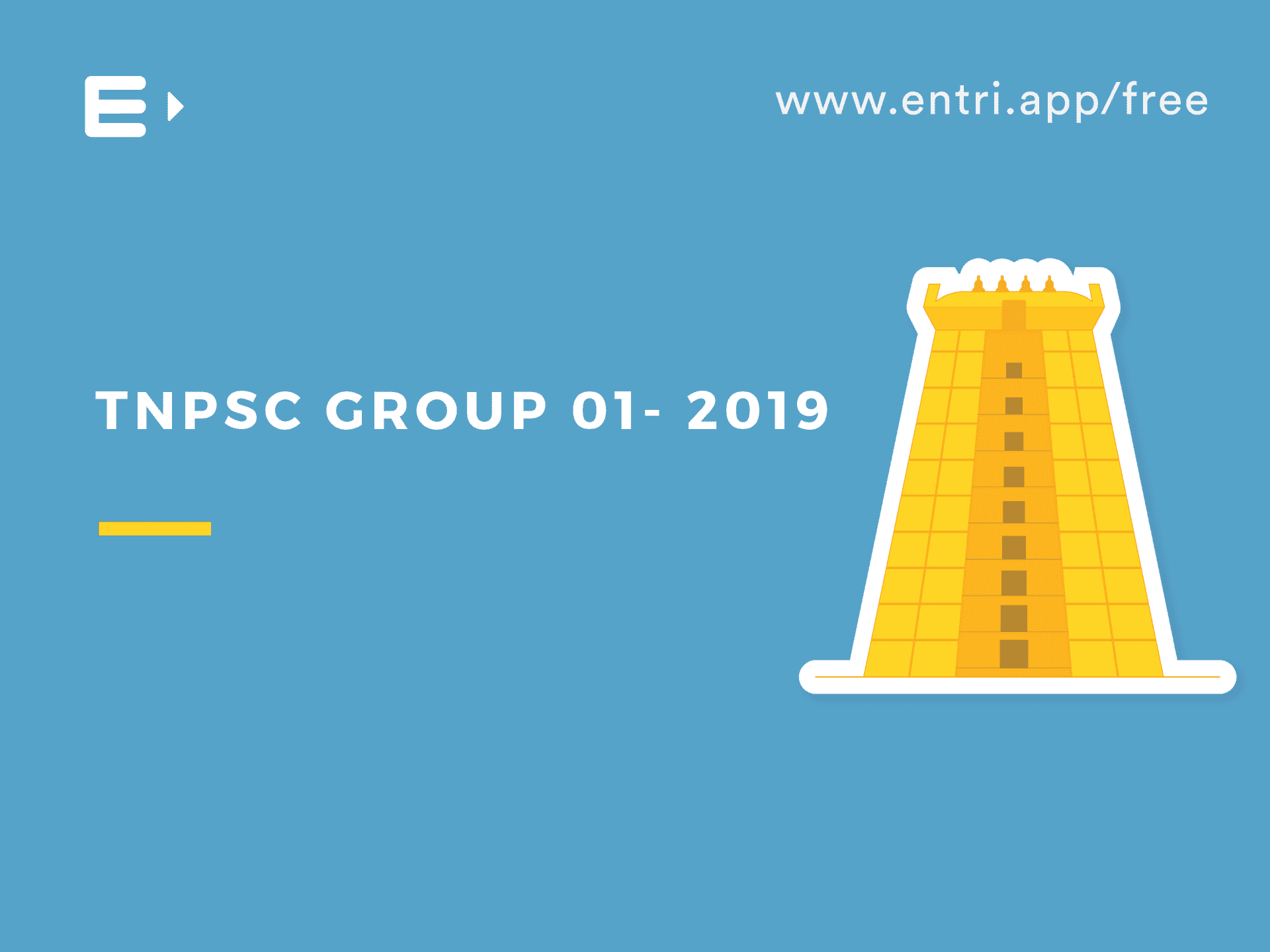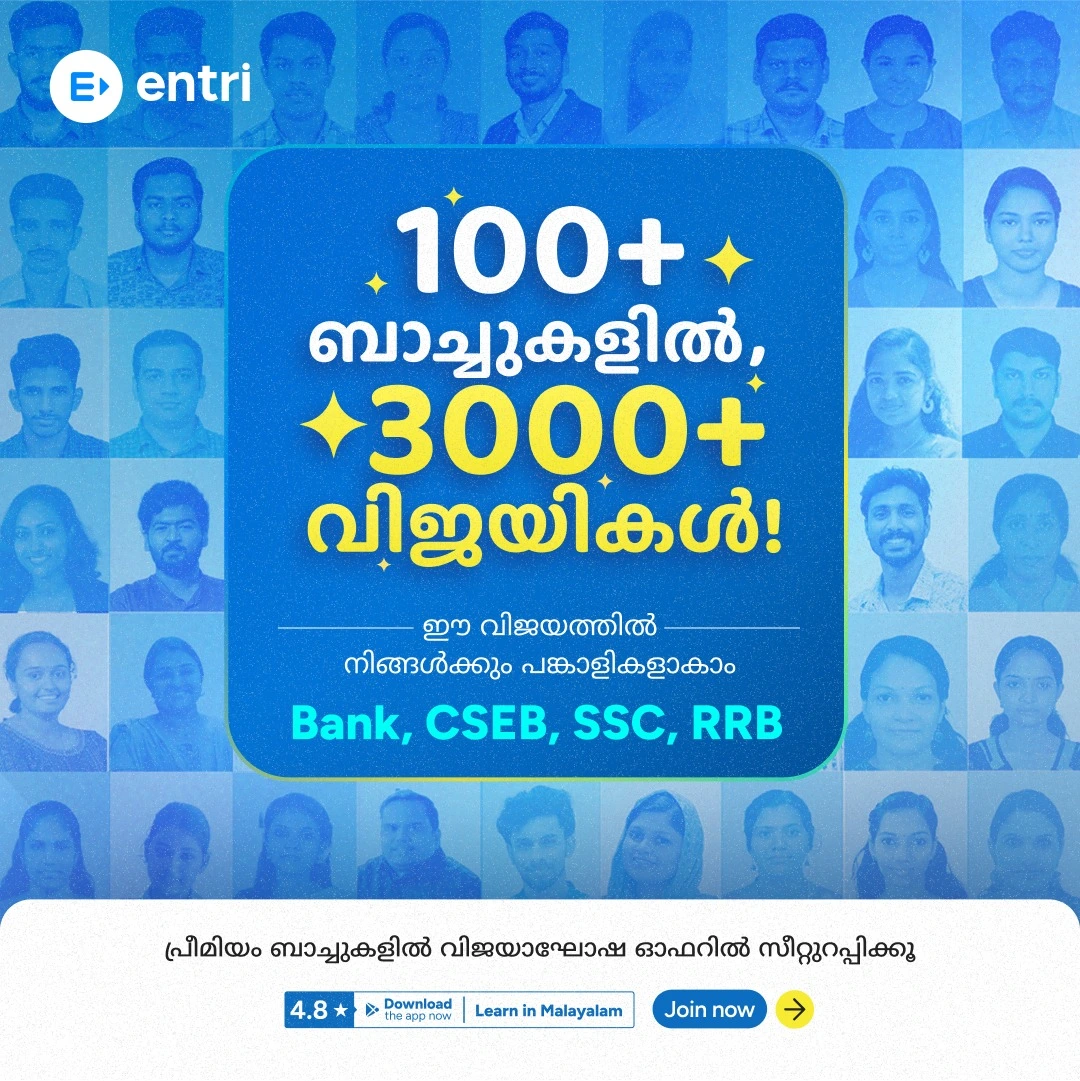Banking awareness is an important part of the preparation for any serious aspirant looking to secure a job in a public sector bank (PSB). Not only is banking awareness a relatively scoring area in the examinations, but it also can boost the chances of you clearing the various banking examinations and finally securing that dream PO job! And to improve your banking awareness knowledge, you need to be thorough with the common banking terms.
Take a Free IBPS PO Mock Test 2019
Common Terms in Banking Awareness
Hence, here are 20 common banking terms in banking awareness that you must remember always.
- Account holder – refers to the person, individual, or entity who is authorized as the owner to perform transactions and operate/maintain the bank account.
- Cheque – refers to a printed order that is issued by the account holder of a bank account to another individual that pays a certain sum of money to the receive of the cheque.
- Bounced Cheque – if a bank account does not have enough funds to honor the amount mentioned in a cheque that has been given to the payee by the account holder, the transaction fails to complete, and the cheque is thus known as a bounced cheque.
- Debit Card – refers to a plastic card with an electronic chip embedded in it that can be used by the account holder of the bank account (for which the debit card is issued) to make payments or withdraw cash from their bank account from automated teller machines (ATMs).
- Passbook – refers to a printed document that includes the records of all the transactions (Debit and Credit) that have happened or taken place for a specific bank account.
- Bank Ombudsman – the Ombudsman refers to the entity or authority that is responsible for investigating the complaints of the customers pertaining to the banks in and under various areas like deposits and withdrawals, account management, demand drafts and money order management, loan issues, and so on.
- Cash Reserve Ratio (CRR) – refers to the proportion of customers’ deposits that banks need to hold with them in form of cash; the cash reserve ratio (CRR) is mentioned by the Central Bank or the Reserve Bank of India (RBI), in this case.
- Automated Teller Machines – refer to the electronic machines that disburse cash to account holders or accept cash deposits (in some cases) without any manual or human intervention. ATM machines can be found almost everywhere but particularly in places of high economic activity like malls, shopping complexes, universities, etc.
- Statutory Liquidity Ratio (SLR) – refers to the ratio or proportion of liquid assets held by a bank in comparison to their NDTL or net demand and time liabilities. Essentially, it talks about the amount of total assets that a bank maintains with itself at any point in form of liquid assets like gold and Treasury bills.
- Repo Rate – is the rate at which the Reserve Bank of India (RBI) lends money to the commercial banks in case that the latter finds any shortage of funds.
- National Electronic Fund Transfer (NEFT) – refers to the electronic payment system that is accessible and available across India and enables payments to be made between two bank accounts.
- Marginal Standing Facility (MSF) – refers to the scheme through which scheduled commercial banks can obtain/borrow money from the Reserve Bank of India (RBI) at an interest rate that is 1% higher than the repo rate. The difference between the MSF and repo rate is that the former has a higher interest rate compared to repo rate.
- Core Banking Solutions (CBS) – refers to the networked system of bank branches that allows customers of a particular bank to use and avail various banking services provided by their bank at any part of the world.
- Liquidity Adjustment Facility (LAF) – refers to a scheme that allows commercial banks to borrow money from the Reserve Bank of India to handle short-term shortages of cash to tend to their depositors’ withdrawals.
- Call Money – refers to money that is borrowed for an extremely short period of time (usually the same day).
- Scheduled Bank – as per the RBI Act, 1934 2nd Schedule, scheduled banks are those that fulfill 2 conditions including their paid-up capital is at least INR 5,00,000 (INR 5 lakhs), and no activity by the bank affects the interests of their customers.
- Money Laundering – conversion of money earned through illicit means or illegitimate activities such that they appear to have been earned through lawful means.
- CAMELS Rating System – refers to a rating system initially developed by the USA that is used to rate banks and financial institutions across the world; ‘CAMELS’ stands for Capital Adequacy, Asset Quality, Management, Earnings, Liquidity, and Sensitivity.
- Unified Payment Interface (UPI) – an electronic application-based payment system that allows one to transfer funds between bank accounts through smartphones and VPAs or virtual private addresses that work similarly to bank account numbers.
- Bancassurance – refers to banks selling insurance products.
Test Your Skills in IBPS PO Mock Test
We hope that you found this article – common banking terms helpful! If you are writing the IBPS PO 2019 examinations, make sure to check out How to Crack IBPS PO 2019 Exam Tips and Tricks.










